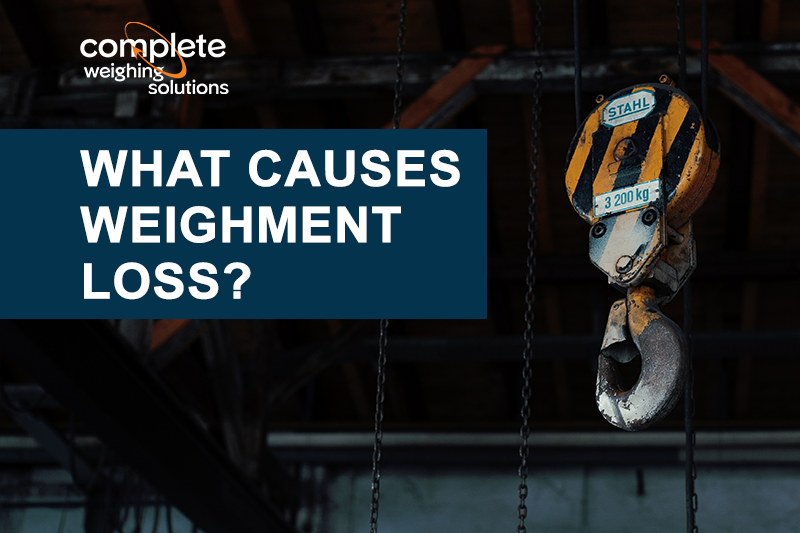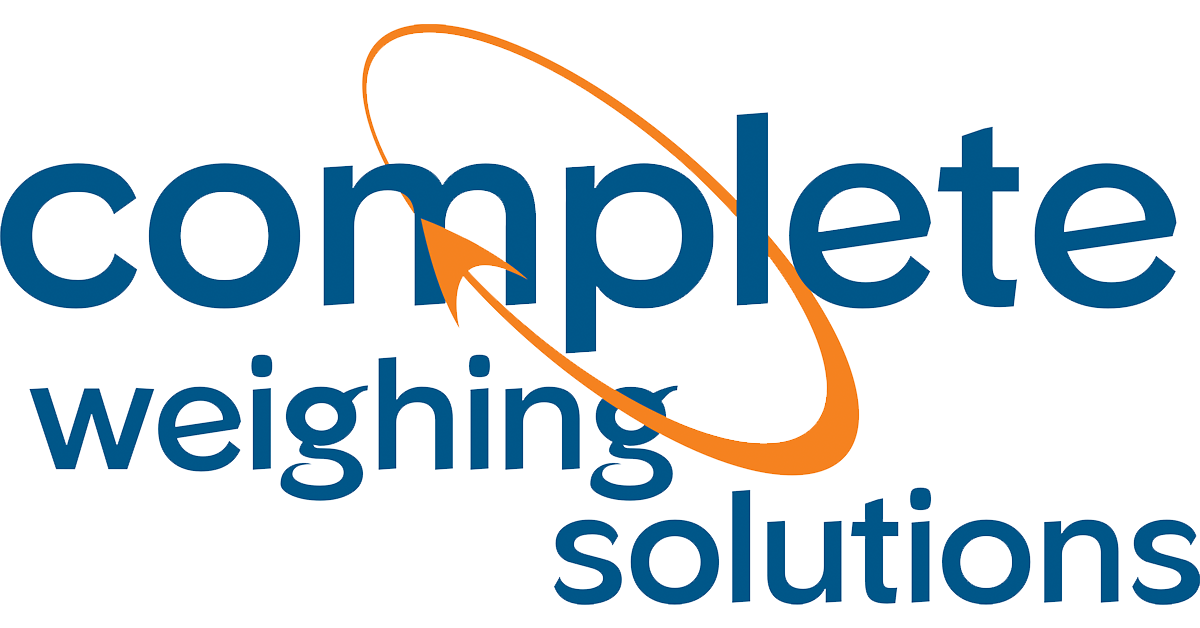
What Causes Weighment Loss
Weighment loss is a key influence on profit lost from inaccurate readings of weighment, and can be a major issue for many businesses. Even if the loss is small, if it happens regularly it becomes large. That’s why it’s important to understand some of the potential causes behind weighment loss and what you should do should it occur.
What Causes Weighment Loss?
This varies largely, depending on your industry. One common cause is equipment issue, due to wear and tear on the weighing platform and the digital components that weigh or display measurements. If the equipment is damaged, or worn it can reduce the accuracy of the reading.
Another cause can be buildup of grime, dirt and mud that can occur between pits and scale platforms normally found in outdoor scale environments. A surprising cause that often gets overlooked is when the tare weights are inaccurate or experienced, this causes a direct effect on the calculation of the net product weight.
Asides from equipment issues, another cause is lack of maintenance on the weight or scale. This may mean that the scales require re-calibration, maintenance or an inspection to have a look at the underlying issue. However equipment that has not been maintained is a strong cause for weighment loss.
So, How Do You Prevent Weighment Loss?
The best way to prevent weighment loss is to have your scale or weighing equipment regularly serviced and maintained by a trained service technician. As inspecting the platform and it’s components can reveal causes and solutions to weighment loss.
If you believe your scales are due for or require calibration, and you need the confidence of a trusted technician contact the team at Complete Weighing Solutions.
